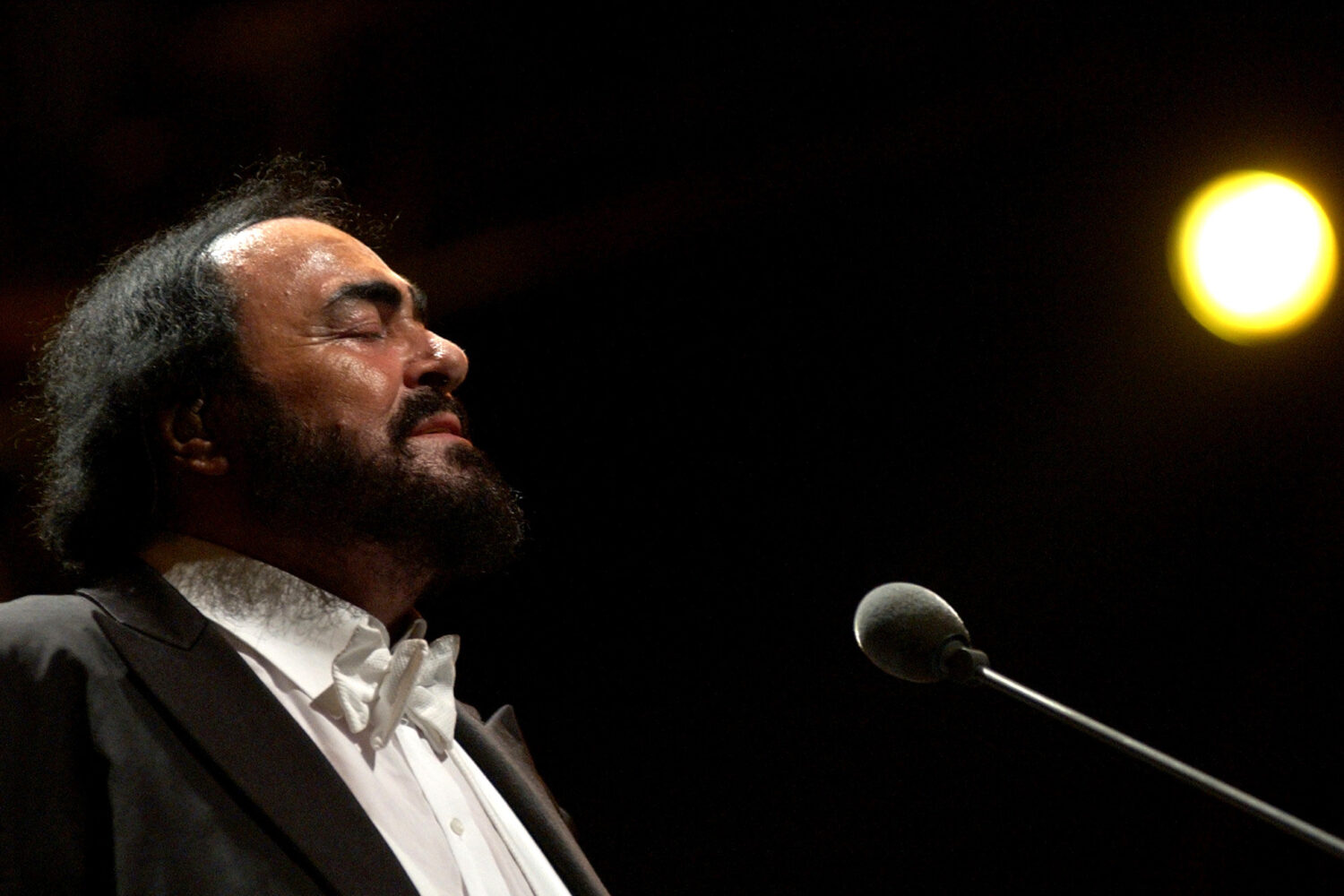I’m a great fan of Luciano Pavarotti. Every time we cook at home, Pavarotti enchants our kitchen with “Ah! mes amis, quel jour de fête!”. But Pavarotti is not only an immortal tenor, he is also the originator of one of my favorite quotes: Some singers want the audience to love them. I love the audience. This is an unshakable truth for speakers as well. When you speak in public it is all about the audience.
That must be the reason why, when I listen to hobby speakers, rhetorical bloggers or professional speakers, I hear it again and again: You, you, you – the most important word in public speaking is you. But – is it really?
Let’s analyze the four most common applications of the word you.
The motivational You
The motivational you is something I like and accept, when I sit in the audience. The motivational you raises my level of self-esteem.
- You can do that!
- You have the capabilities.
- You are the ones chosen by your leadership
The questioning You
Closed questions are great. They make the audience think; hence the level of attention goes up. They show your audience that you care for their opinion. They result in answers that you can build upon. They uncover common ground. I love closed questions.
- Have you lived abroad?
- Have you done mistakes in your life?
- Have you ever felt lonely?
The impersonal You
Now it’s getting tricky. Every time I hear the impersonal you, I couldn’t care less. Speakers use the impersonal you all the time. It’s like the word one. If I remember correctly, he didn’t say, One has a dream. Neither did he say, You have a dream. You know what he said. I don’t connect at all with the impersonal you.
- You grow up and make mistakes.
- You just sit there and smile.
- These are the situations where you want to throw in the towel.
The assuming You
The Armageddon. Benny Hill, the British comedian, nailed it in a skit. There he says, When you ASSUME, you make an ASS out of U and ME. It cannot be said any better. All assumptions are false, especially in public speaking, where you often face people you have never met in your life. How could you possibly know what they want, do or feel? And yet, speakers make assumptions all the time.
- You all have experienced this. (How the f*** do you know???)
- You know the feeling. (Really???)
- You all want to be rich. (No, sir, I’m a socialist teachers’ son; I couldn’t care less about money!!!)
7,927 speeches evaluated, to date. When I reflect on them, I come to the conclusion that speakers, almost exclusively, use the impersonal or the assuming you. Hardly ever I hear the motivational or questioning you. And that is why, despite the great quote of the great Luciano, I say: The word you is totally overrated in public speaking.
For me, the most important word in public speaking is another one.
Which one? Keep reading, my friend.

